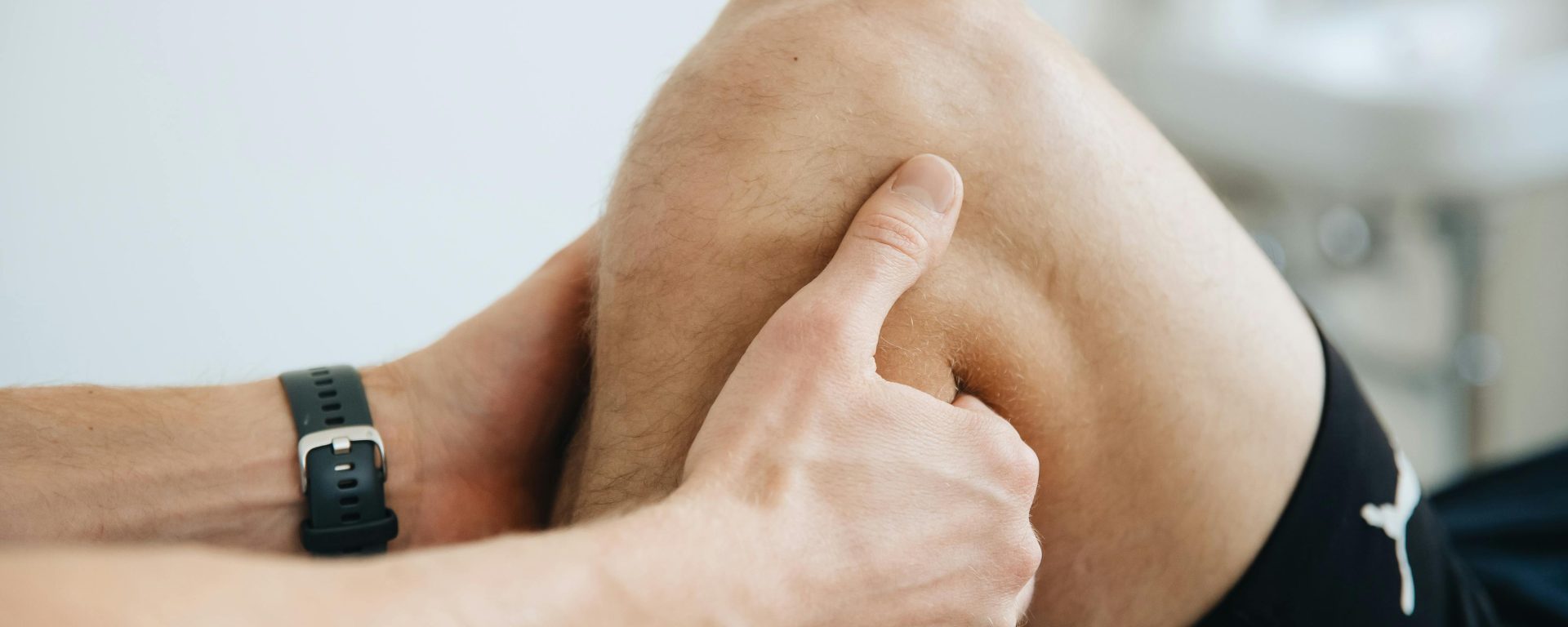In 2012, Naylor, et. al., conducted a study about Patients who undergo total knee replacement (TKR) often face challenges related to deconditioning and multiple medical co-morbidities that are typically associated with low fitness levels. Given these challenges, there’s a strong case for incorporating cardiovascular fitness into rehabilitation programs for these patients. However, questions remain about the ability of TKR recipients to engage in and benefit from intensive exercise. A preliminary study set out to explore this by assessing whether patients in home-based or class-based exercise programs could reach their heart rate (HR) training zones and identify factors that affect their exercise performance.
The study, nested within a randomized trial, involved 42 participants (mean age 70 years; 23 women). They were randomly assigned to start a 6-week group-based (GRP) or monitored home-based program (MHP) two weeks after surgery. Assessments took place in the fifth week for both groups and in the eighth week for the GRP participants only. Researchers measured exercise intensity using heart rate and participant-perceived exertion (PE) on a 0-10 point scale. Additionally, a qualitative approach was used to identify factors influencing exercise performance, drawing on multiple sources of information for triangulation.
The findings revealed that nearly all participants in both programs (over 93%) reached their target HR zones. On average, they maintained this level for more than 30 minutes, with perceived exertion indicating moderate effort (5/10). Despite this, there was noticeable individual variation in the time spent above the training HR between testing weeks among GRP participants. Factors such as therapist skill and focus, patient co-morbidities, knee pain and stiffness, and patient willingness were identified as significant confounders affecting performance.
This study demonstrates that TKR recipients can engage in moderately intense exercise, suggesting that rehabilitation programs have the potential to enhance cardiovascular fitness. However, the extent to which individual fitness improves may depend significantly on the therapist’s ability to recognize and address key modifiable factors. It is recommended that therapists incorporate these insights into their practice to help patients maximize the benefits of their rehabilitation programs.
Reference: Naylor, J. M., & Ko, V. (2012). Heart rate response and factors affecting exercise performance during home‐or class‐based rehabilitation for knee replacement recipients: lessons for clinical practice. Journal of evaluation in clinical practice, 18(2), 449-458.
